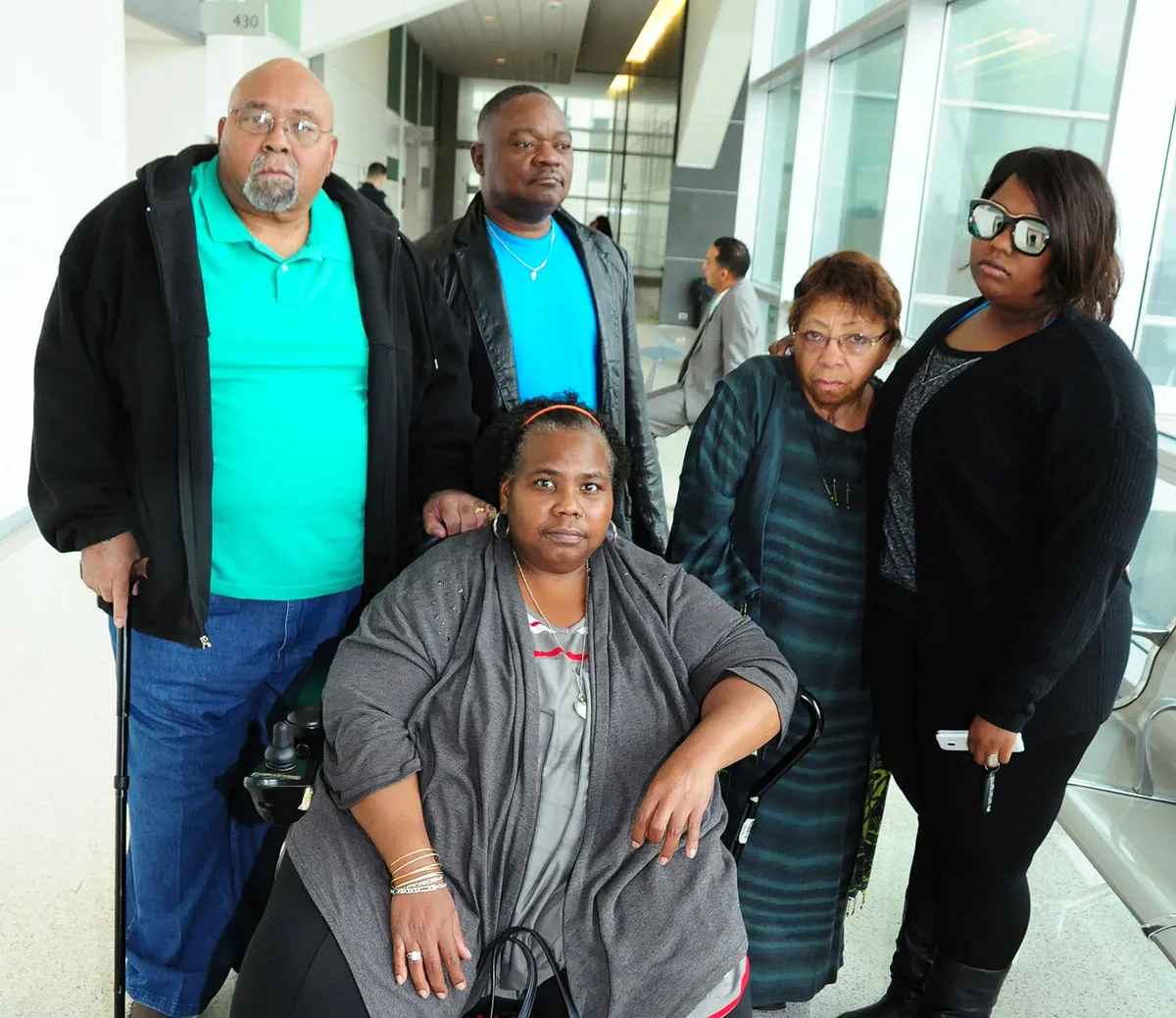
Bashid McLean’s story is one of shocking violence, mental health struggles, and a series of troubling events that captured media attention. This case serves as a somber reminder of the intersections between untreated psychological issues, societal pressures, and tragic outcomes. In this article, we delve into the life of Bashid McLean, the crime that brought him to public attention, and the broader implications for mental health awareness and criminal justice.
Who Is Bashid McLean?
Bashid McLean, born in the Bronx, New York, led a life that was, for the most part, marked by struggle and instability. His early years remain less documented, but what is known paints a picture of a young man grappling with mental health challenges and strained familial relationships. Those who knew him described him as troubled, with episodes of erratic behavior and a history of difficulties in his personal and social life.
His relationship with his mother, Tanya Byrd, was particularly fraught. Friends and family noted that while Byrd was supportive and loving, McLean often exhibited signs of aggression and instability, which created a tense dynamic at home.
The Horrific Crime
In February 2013, Bashid McLean committed a crime that would shock the nation. The 23-year-old was arrested for the brutal murder of his mother, Tanya Byrd. Reports revealed that McLean had not only killed her but also dismembered her body. He then attempted to dispose of her remains in garbage bags, which he scattered around the neighborhood.
The details of the crime were deeply unsettling. Witnesses and law enforcement described McLean’s demeanor as detached and eerily calm. Even more chilling were reports that McLean took selfies with his mother’s remains, highlighting a disturbing level of detachment from the gravity of his actions.
The Role of Mental Illness
Mental health played a significant role in this case. McLean was diagnosed with schizophrenia, a severe mental disorder characterized by distorted thinking, hallucinations, and impaired perception of reality. Friends and family had long expressed concerns about his behavior, noting episodes of paranoia and violent tendencies.
Despite these red flags, McLean’s mental health issues went largely untreated or inadequately managed. This neglect raises questions about systemic failures in providing mental health care, especially for individuals in economically disadvantaged communities.
The Legal Proceedings
Bashid McLean’s trial was as disturbing as the crime itself. His defense team emphasized his mental health issues, arguing that his schizophrenia impaired his judgment and understanding of his actions. Psychiatrists testified about his mental state, describing him as someone who struggled to distinguish reality from delusion.
However, the prosecution highlighted the calculated nature of his actions, including the efforts to dismember and dispose of his mother’s body. These actions suggested a level of premeditation that complicated the narrative of a crime committed solely under the influence of mental illness.
In 2016, McLean was found guilty of second-degree murder and sentenced to 25 years to life in prison. The verdict underscored the complexities of balancing accountability with the recognition of mental health struggles in the criminal justice system.
Public and Media Reaction
The case of Bashid McLean garnered widespread media attention, not only because of the gruesome nature of the crime but also due to its broader implications. News outlets debated the role of mental health in violent crimes and the responsibilities of society in preventing such tragedies.
Public reactions ranged from outrage and horror to sympathy for the mental health challenges McLean faced. Some saw him as a cold-blooded killer, while others viewed him as a victim of a failing mental health system. This dichotomy reflected the broader societal struggle to understand and address the complexities of mental illness and violence.
Lessons from the Case
1. The Importance of Mental Health Awareness
The Bashid McLean case highlights the dire need for improved mental health awareness and treatment. Early intervention, proper diagnosis, and consistent care could potentially prevent individuals with severe mental illnesses from reaching a breaking point.
2. The Role of the Justice System
McLean’s trial underscored the challenges faced by the justice system in handling cases involving mental illness. While his actions were undeniably heinous, the influence of his schizophrenia cannot be ignored. The case raises questions about the adequacy of mental health evaluations and the availability of alternative sentencing options for mentally ill offenders.
3. Community and Family Support
Family members and community networks play a critical role in recognizing and addressing early signs of mental illness. Tanya Byrd’s attempts to support her son, despite his struggles, exemplify the challenges faced by families dealing with mental health issues. Greater resources and support systems for families in similar situations could make a significant difference.
Broader Implications
The Bashid McLean case is not an isolated incident. Across the United States, countless individuals with severe mental illnesses lack access to adequate care. This gap often results in tragic outcomes, ranging from homelessness and substance abuse to violent crimes.
Advocacy for mental health reform has gained momentum in recent years, but much work remains. Expanding access to affordable mental health care, training law enforcement to handle mental health crises, and destigmatizing mental illness are crucial steps toward preventing tragedies like this one.
Conclusion
The story of Bashid McLean is a chilling reminder of the consequences of untreated mental illness and the systemic failures that contribute to such outcomes. While his actions were horrifying, they also shine a light on the urgent need for mental health reform, family support, and a justice system better equipped to handle the complexities of mental illness.
By examining cases like this with both compassion and critical thinking, society can move toward solutions that prioritize prevention, rehabilitation, and justice. The tragedy of Tanya Byrd’s death should serve as a call to action to address the root causes of such devastating events, ensuring that fewer families endure similar heartbreak in the future.







